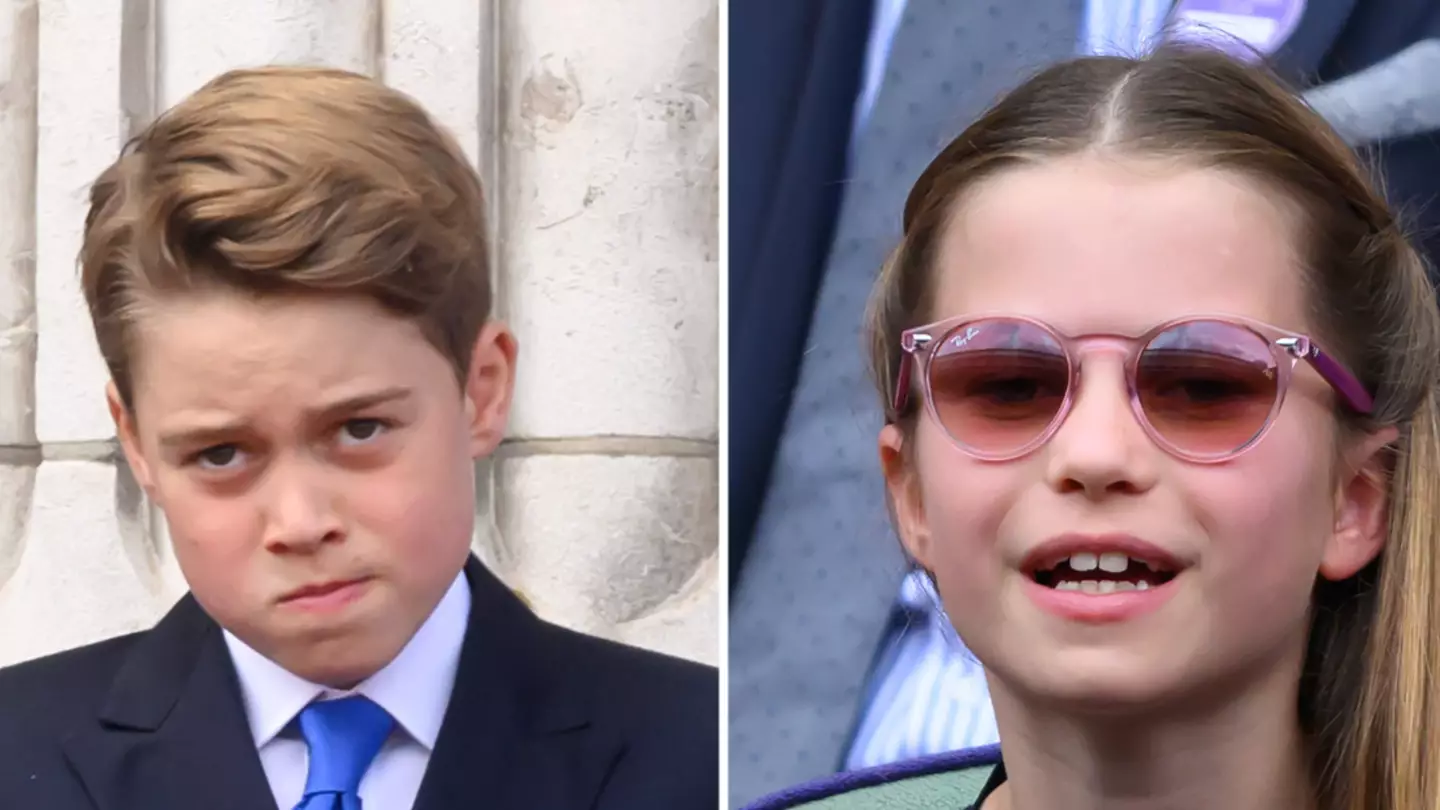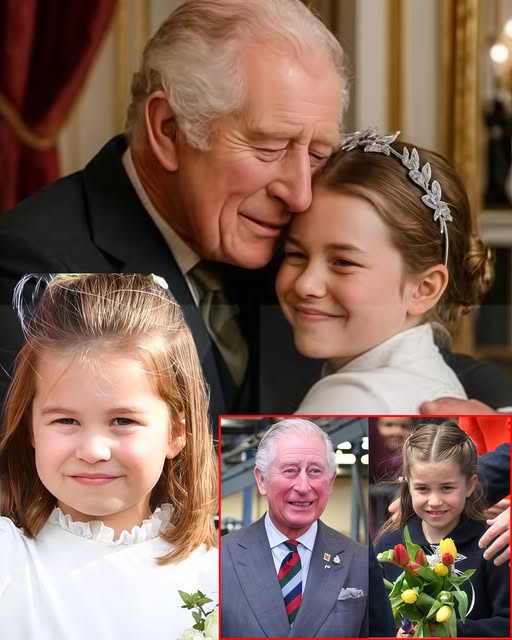The British Royal Family has long been the subject of global interest, with moments of celebration, duty, and challenge all playing out under the watchful eye of the public. Among the most significant developments in recent years has been the reign of King Charles III, who succeeded Queen Elizabeth II in September 2022 after her passing. As the King continues his service to the nation while managing personal health challenges, the role of family support has become increasingly important — particularly from his children and grandchildren, including Princess Charlotte.
King Charles III’s Reign and Transition
When Queen Elizabeth II died on September 8, 2022, at Balmoral Castle in Scotland, Charles immediately became King. His accession marked a historic transition, as he was the longest-serving heir apparent in British history. The coronation, held on May 6, 2023, at Westminster Abbey, was attended by world leaders and dignitaries, symbolizing both continuity and renewal within the monarchy.
As King, Charles has prioritized issues that have long been part of his public work, including climate change, environmental conservation, interfaith dialogue, and cultural preservation. These interests are reflected in his decades of charitable work through organizations like The Prince’s Trust, which he founded in 1976 and which continues to support young people in education, employment, and entrepreneurship.
Health Challenges and Public Duty
In February 2024, Buckingham Palace confirmed that King Charles had been diagnosed with cancer. While the Palace did not disclose the specific type, officials clarified that it was not prostate cancer, though it was discovered during treatment for an enlarged prostate. The Palace stated that the King would reduce his public-facing duties temporarily while continuing state responsibilities, including weekly audiences with the Prime Minister and oversight of constitutional matters.
News of his diagnosis prompted an outpouring of support from political leaders, faith communities, and members of the public in the UK and abroad. According to the BBC, Prime Minister Rishi Sunak praised the King’s openness in sharing his diagnosis, noting that it helped raise awareness and encouraged others to seek medical advice when experiencing health concerns.
The King himself expressed gratitude for the well-wishes and emphasized his commitment to serving the nation despite his health challenges.

The Role of Family in Difficult Times
Throughout the King’s health journey, his family has been an important source of strength. Senior members of the Royal Family, including Queen Camilla, Prince William, and Catherine, Princess of Wales, have taken on additional responsibilities during periods when Charles scaled back public duties.
Meanwhile, his grandchildren — Prince George, Princess Charlotte, and Prince Louis — represent the future of the monarchy. Though they are still young, they play a symbolic role in reminding the public that the monarchy is not only about tradition but also about generational continuity.
Princess Charlotte, born in 2015, is the second child of the Prince and Princess of Wales and currently third in line to the throne after her father, Prince William, and her older brother, Prince George. While Charlotte and her siblings live largely private lives, protected from excessive media exposure, they occasionally appear at public events such as Trooping the Colour or major national ceremonies.
These appearances highlight the balance the Royal Family seeks to maintain: upholding tradition while ensuring the younger generation has as normal a childhood as possible.

Emotional Support and Public Perception
The King’s grandchildren have provided personal comfort during a time when his health has been a topic of public concern. While Buckingham Palace has not released details about private family interactions, it is clear that the presence of his children and grandchildren has a grounding effect.
Historically, members of the Royal Family have leaned on one another during times of crisis. Queen Elizabeth II often emphasized family unity in her annual Christmas addresses, and that tradition continues with King Charles III. In moments of difficulty, reminders of family bonds reinforce the monarchy’s humanity.
The Future of the British Monarchy
As the Royal Family adapts to these new realities, the next generation — represented by Prince George, Princess Charlotte, and Prince Louis — will play an increasingly visible role. Royal experts widely note that public interest in the younger royals is strong, though carefully managed by their parents to ensure their well-being.
For Princess Charlotte in particular, her role as a female member of the Royal Family carries symbolic weight. The Succession to the Crown Act 2013 ended the system of male preference primogeniture, meaning Charlotte retains her place in the line of succession regardless of having a younger brother. This modern change reflects broader societal values of gender equality and ensures her position is secure.

A Monarch Defined by Duty and Humanity
King Charles III’s reign so far has been defined by both continuity and challenge. His focus on environmental and social issues builds upon decades of advocacy, while his health battle has highlighted his humanity in a way the public rarely sees in monarchs.
Family support, particularly from Queen Camilla, the Prince and Princess of Wales, and his grandchildren, has been central during this time. Princess Charlotte, though still a child, represents both personal comfort to her grandfather and the enduring legacy of the monarchy.
Conclusion
The story of King Charles III is not only about constitutional duty and public service but also about the personal connections that sustain him through difficult times. While official statements confirm his ongoing treatment and scaled-back duties, what remains constant is the support of his family and the affection of the public.
As the monarchy continues to evolve, moments of vulnerability and resilience shape how it is perceived in the 21st century. For King Charles, the love and support of his children and grandchildren — including Princess Charlotte — serve as reminders that beyond the crown lies the enduring strength of family.

